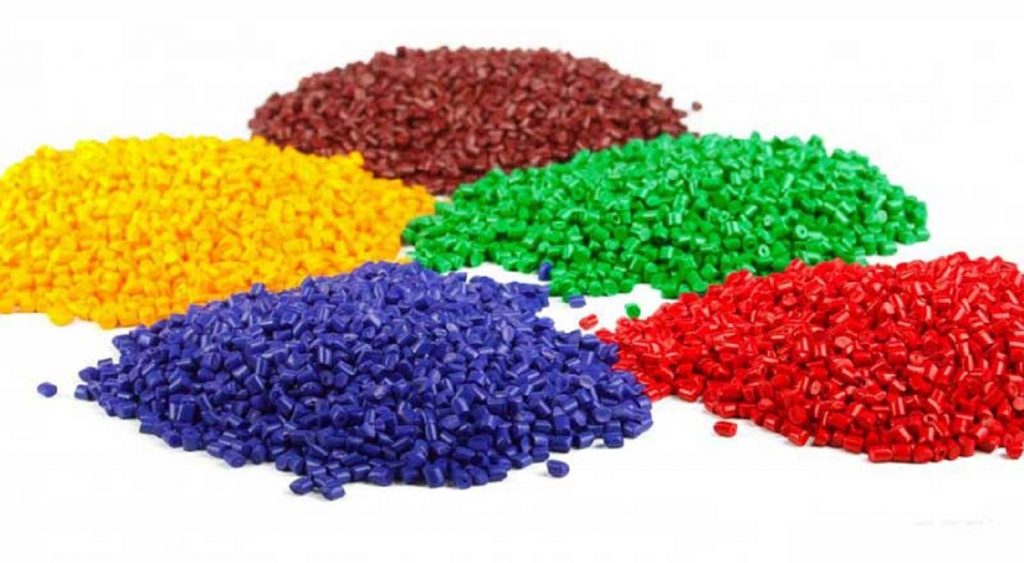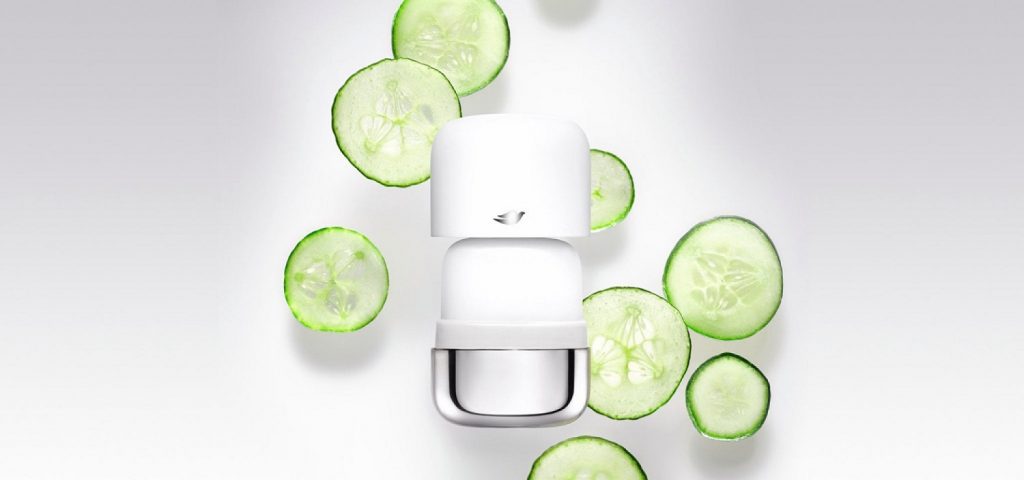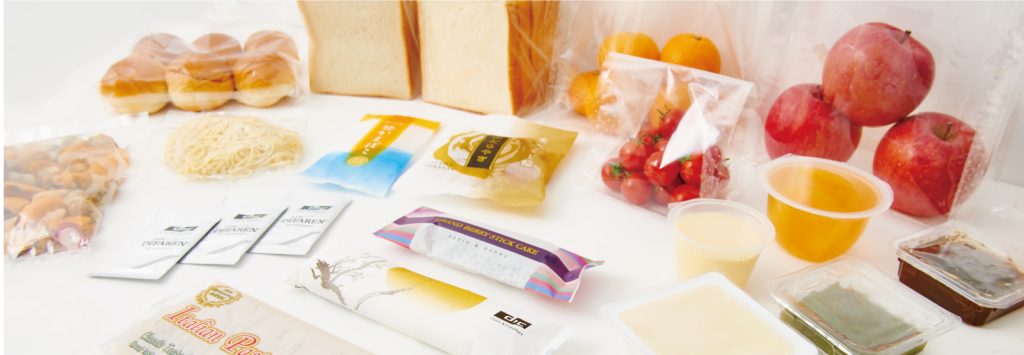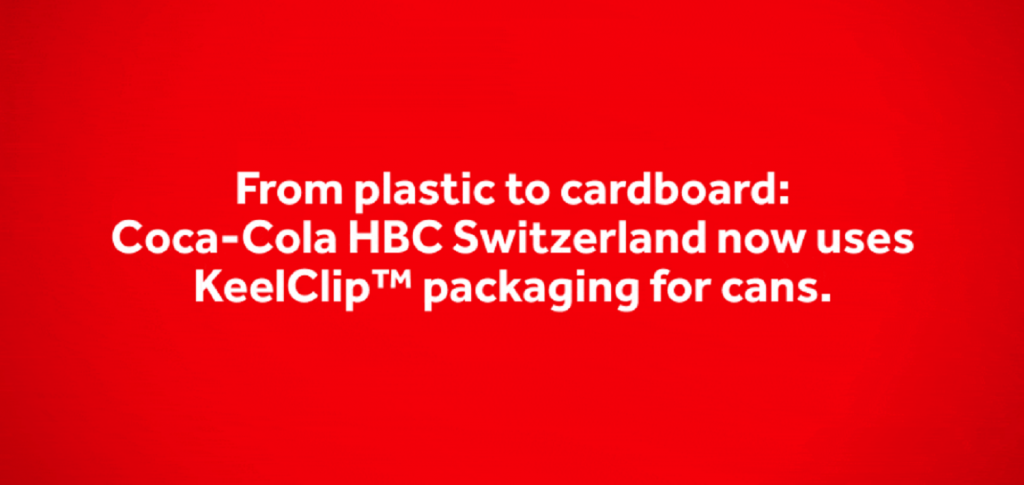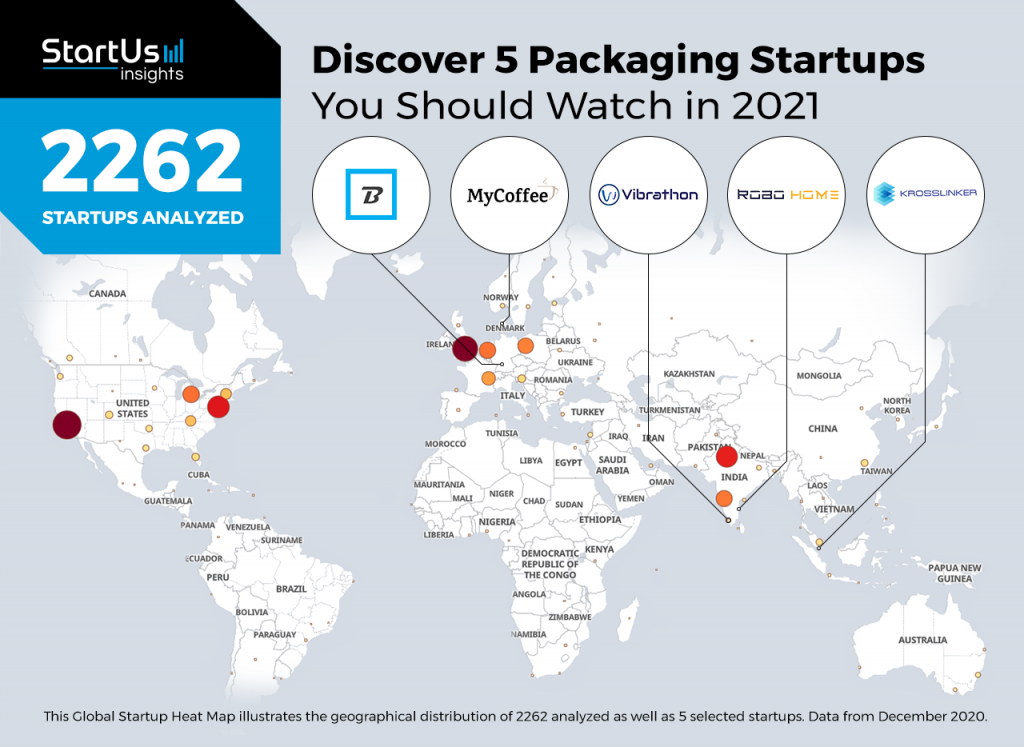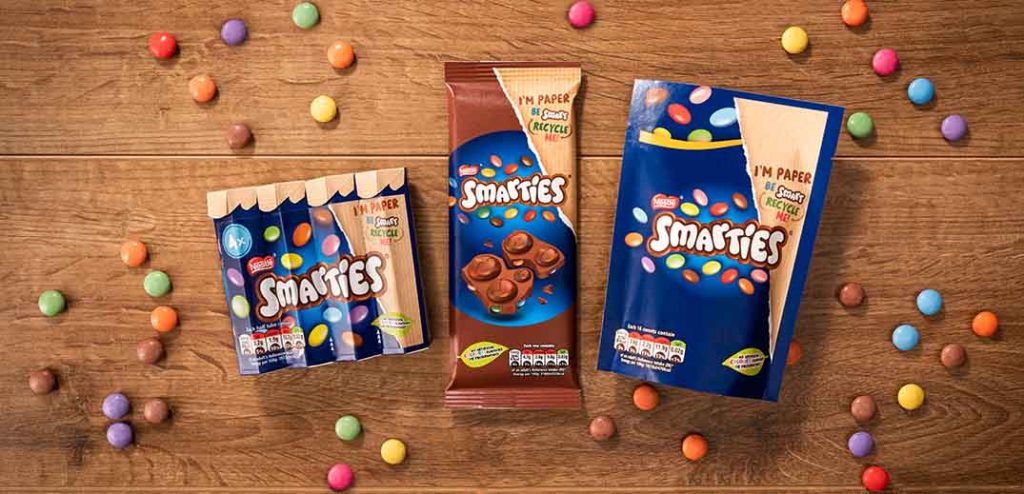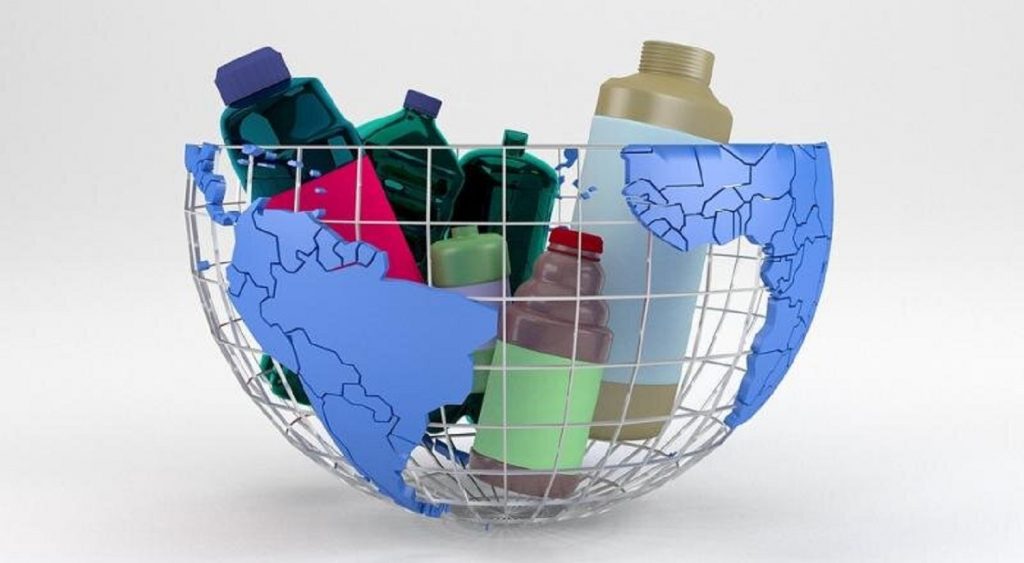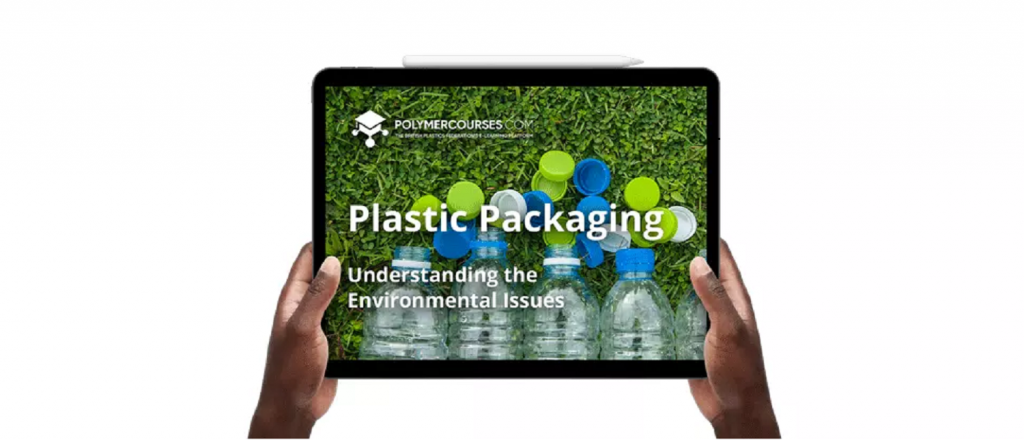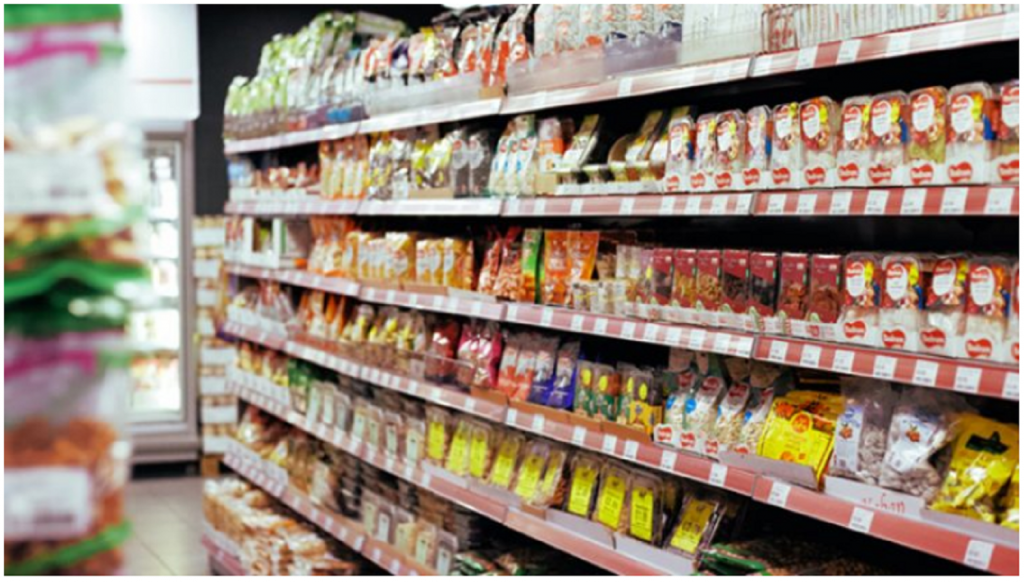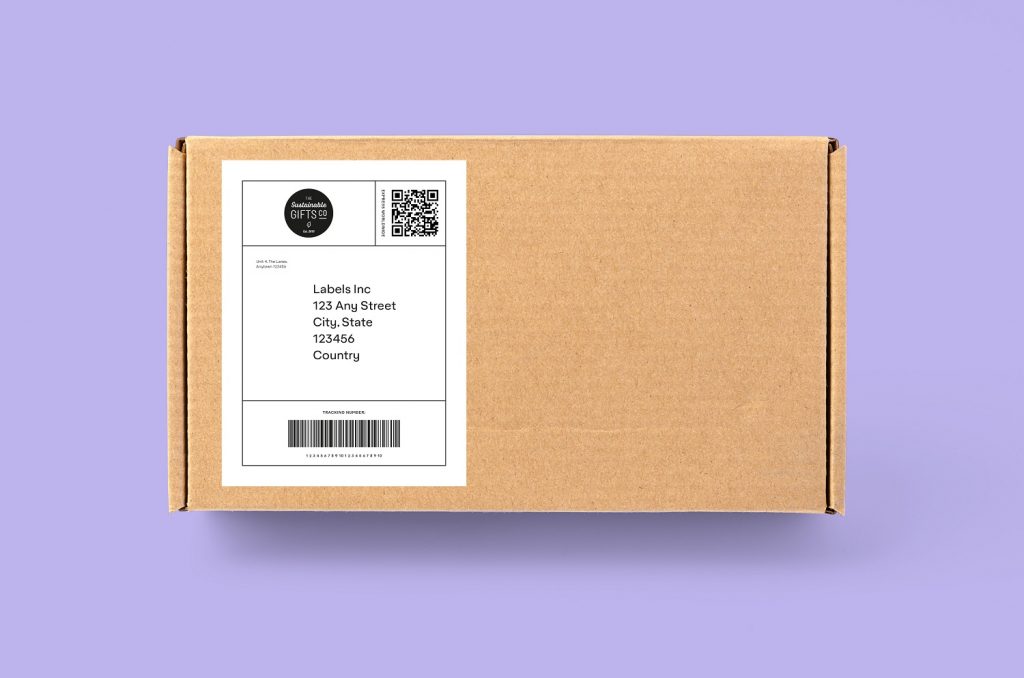INEOS Styrolution plans to build a demonstration polymerisation plant
INEOS Styrolution, the global leader in styrenics, announced today plans to build a demonstration plant at its Antwerp, Belgium, site to test production of ABS plastic from recycled feedstock. The plans for the new plant are part of the project “ABSolutely Circular”, which is supported by the EU LIFE programme. INEOS Styrolution’s plant is intended to complement a demonstration unit planned by project partner Indaver, making Antwerp the leading European center for the recycling of styrenics.

